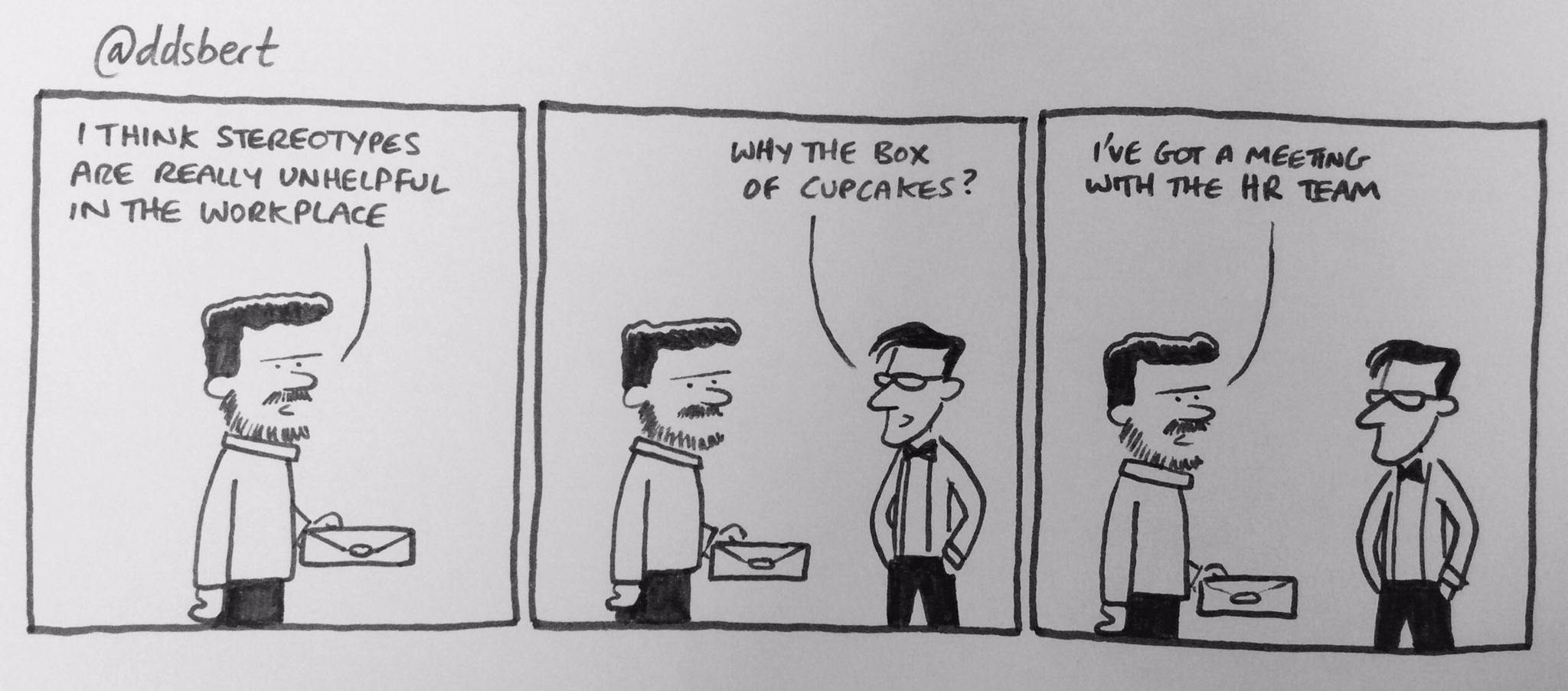Synopsis: a pondering on why good people often have to do bad things and why ambition probably corrupts more than we think.
I’ve a had a couple of conversations with people recently about their careers and they’ve been adamant that they weren’t ambitious – they just wanted to make a difference.
What’s interesting is that we know that if you are ambitious to make a difference then you need the opportunity to make that difference. And normally that needs power (influence, agency). We’ve become accustomed to ambition being synonymous with greed – but it doesn’t have to be or shouldn’t be. And the pathways to monetary success and influence are probably quite similar.
I’ve been reading Power by Jeffrey Pfeffer and it is basically a ‘How to be successful’ book. I’m a big fan of his earlier work and I’m hating this book, but not because it isn’t good. The book is probably the most effective guide to gaining and retaining power that I’ve read. It is clear on everything: choosing which areas to work in, how to stand out, how to identify competitors for promotion and see them off. And how to retain power.
And it leaves a supremely bad taste in the mouth. It leaves me genuinely conflicted.
This book answers all of the ‘How’ but none of the ‘why’. It is the kind of book you’d want to lend someone if they wanted a successful career – whilst realising that if they followed the lessons in it they would probably become the type of person you would hate to see succeed.
We all know and understand there are rules of work. We all understand that some of them are unpleasant. We are still locked into a cycle where the practical advice you might give people about career management would turn them into the type of people that you hope would never lead a team.
It’s an incredibly sad thing that – whilst there are plenty of exceptions of good people succeeding – anyone with a hint of pragmatism will understand what I’m talking about.
Broadly power is still linked to politics and playing the game – not to excellence and intent. From Old Boys clubs through to hugely undiverse tech design teams we still face the challenge that it’s about comfortable fit and playing the game – not about getting those people that want to make a positive difference into places where they can. As long as we ask people to play that game it will corrupt them as they do.
We create comfort with everything that people shouldn’t be comfortable with. Erosion of value and values through constant compromise.
Maybe it isn’t as bleak as I paint here. Maybe you can think of counter examples. But the research sits in my favour – and I think most people’s experience does too.
A final note: My guess is that people who have read this far will fall into a few brackets.
- Everyone needs to toughen up – there’s nothing wrong with money or ambition. It’s business
- I recognise these things in colleagues, but not me. I have integrity and only ever do bad things for a good reason.
- I’ve never done anything wrong and have risen to the top simply by excellence
I can respect the honesty of the first position.
I can respect the intent of the second position (you may or may not be fibbing to yourself)
If you are the person in the third position then you just might be the once in a generation chosen one. Or it might be a bigger fib.
And if you need another bracket then let me know that.
I hope the world treats you well. Just remember that excellence, sadly, isn’t enough for many to get what they deserve.
It’s not a meritocracy. For far too many people it’s a Poundshop House of Cards. And you can’t tell people not to play politics when it’s still about the politics. But that doesn’t make it right or pleasant or any less of a compromise.


Thanks for the book tip David, will seek it out, sounds interesting to have ‘disturbed’ you so. To get a little Tolkienesque – declining your interest in owning ‘a ring of power’ is always a challenge I guess! There were always lesser rings of course.
To redistribute power I’d assume one would need first of all to seize it? Is it then a oxymoronic state, not playing politics is now the political power move? By appealing to the populist yearning to not ‘play politics’ you of course are catalysing followers ‘politically’ to your cause. Seems to have worked.
To really test character give a person power – that still ‘rings’ true. Pun intended, have a Sam nearby.
LikeLike
Really good point. And the easiest thing for anyone to tell themselves is that they are changing things from the inside.
LikeLike
Your posts always make me think, thank you! There seems to be a flurry of books coming out about new ways to work but none (yet, that I’ve seen) demonstrate an alternative to operating within the existing systems and structures – have you come across anything?
LikeLike
I think there are a number on how things could be different, Utopia for Realists is really thought provoking, but bridging the here to there is always tough
LikeLiked by 1 person